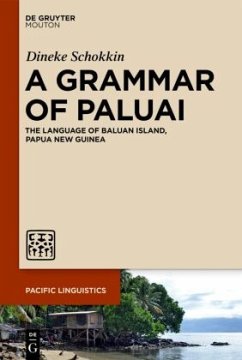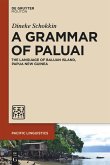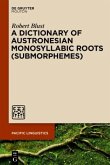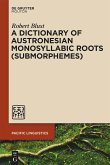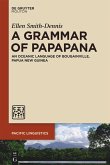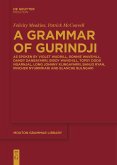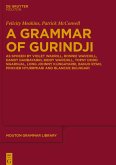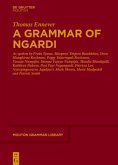This is the first comprehensive description of Paluai, an Oceanic Austronesian language spoken on Baluan Island in Manus Province, Papua New Guinea. Based on extensive field research, the grammar covers all linguistic levels, including phonology, morphology, syntax and semantics, while paying particular attention to pragmatics and discourse practices.
This is the first comprehensive description of Paluai, a language from the underdescribed Admiralties subgroup, a first-order branch of Oceanic (Austronesian). Paluai is spoken on Baluan Island in Manus Province, Papua New Guinea, by two to three thousand people.
The grammar is based on extensive field research by the author and covers all linguistic levels. After a general introduction of its socio-cultural context, the language's phonology is discussed, followed by two chapters on its parts of speech, divided by open and closed word classes. Following chapters address topics such as the structure of the noun phrase, verbal and non-verbal clauses, grammatical relations, serial verb constructions, mood, negation and clause combining. The final chapter provides an in-depth discussion of pragmatics and discourse practices relevant to Paluai, illustrated through two narrative texts that are included integrally at the end of the book.
This grammar is of interest to scholars working on Austronesian languages, particularly those of the New Guinea region, and those working on linguistic typology. It is also relevant to those interested in the history, languages and cultures of this region more generally.
This is the first comprehensive description of Paluai, a language from the underdescribed Admiralties subgroup, a first-order branch of Oceanic (Austronesian). Paluai is spoken on Baluan Island in Manus Province, Papua New Guinea, by two to three thousand people.
The grammar is based on extensive field research by the author and covers all linguistic levels. After a general introduction of its socio-cultural context, the language's phonology is discussed, followed by two chapters on its parts of speech, divided by open and closed word classes. Following chapters address topics such as the structure of the noun phrase, verbal and non-verbal clauses, grammatical relations, serial verb constructions, mood, negation and clause combining. The final chapter provides an in-depth discussion of pragmatics and discourse practices relevant to Paluai, illustrated through two narrative texts that are included integrally at the end of the book.
This grammar is of interest to scholars working on Austronesian languages, particularly those of the New Guinea region, and those working on linguistic typology. It is also relevant to those interested in the history, languages and cultures of this region more generally.

